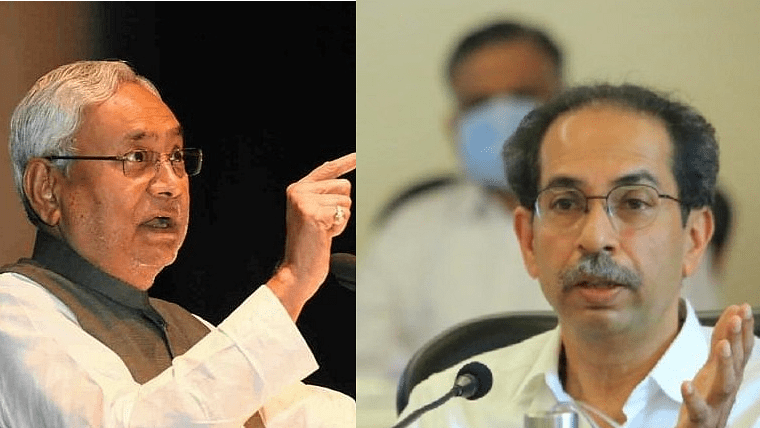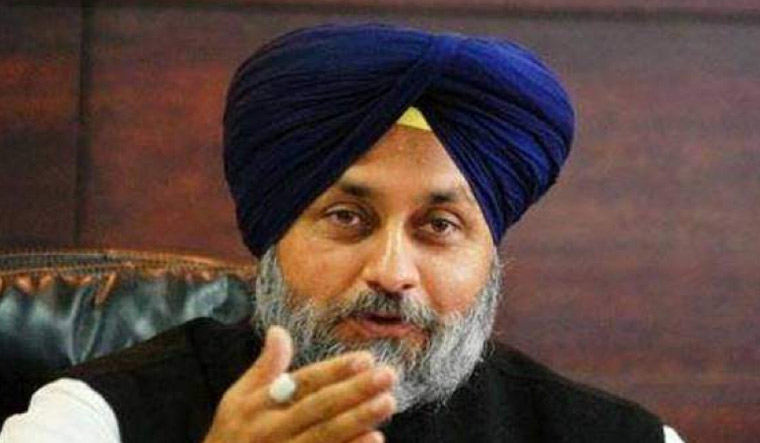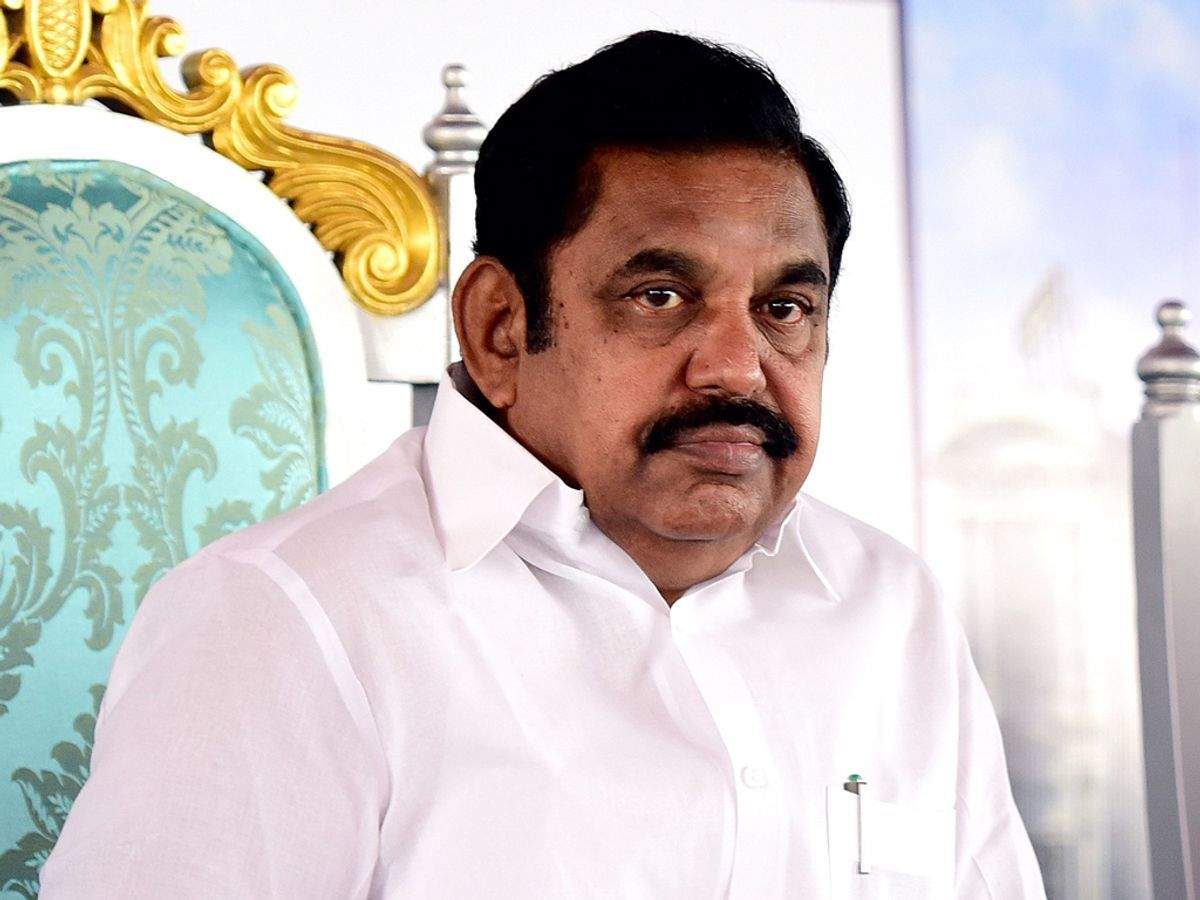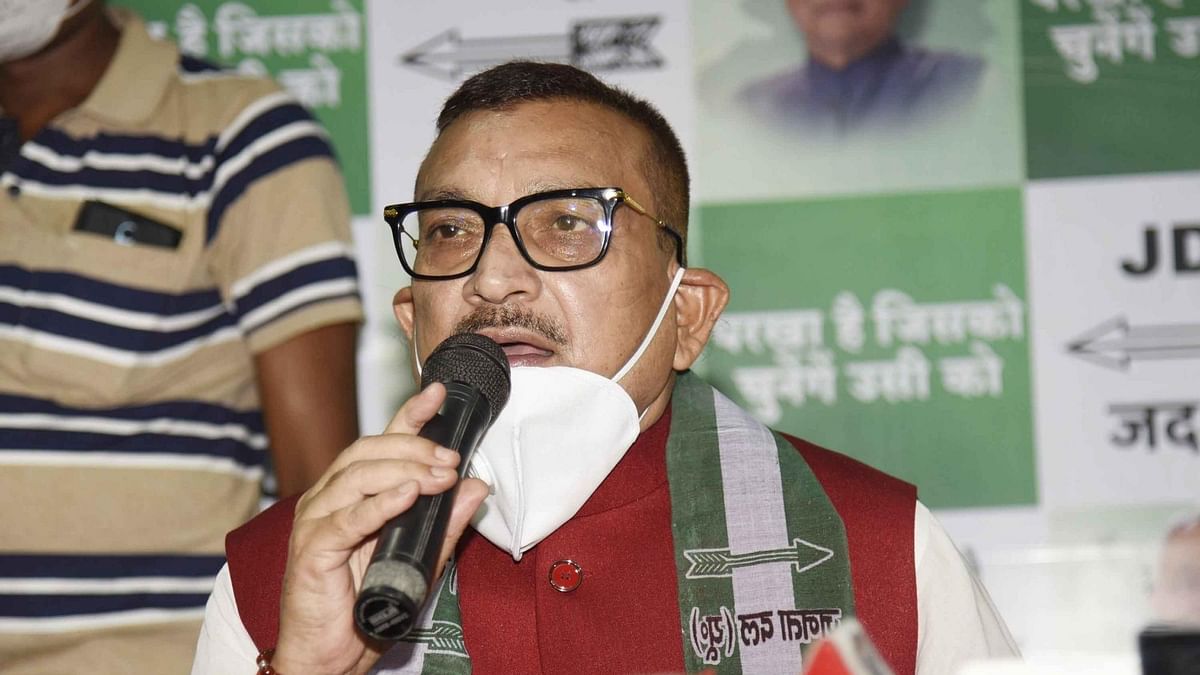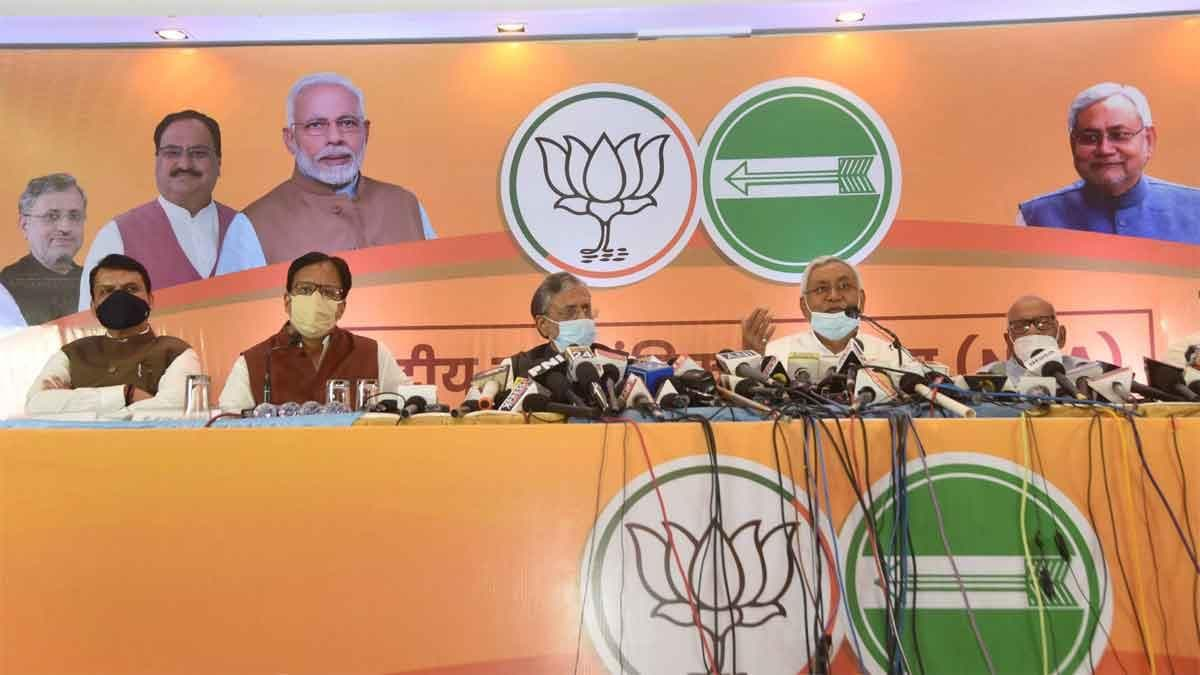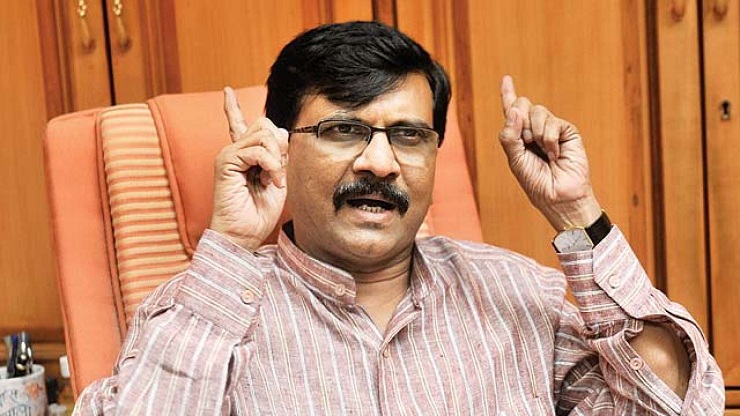The Shiromani Akali Dal (SAD) recently sought an assurance from Punjab Chief Minister, Amarinder Singh, that the state government will procure crops at Minimum Support Price (MSP) even if the Centre falters, stressing that a lot still needs to be done to secure the future of Punjab’s farmers.
The statement by the SAD has come after the Punjab State Assembly passed four Bills and adopted a resolution against the Centre’s contentious farm laws. The Aam Aadmi Party (AAP), and the SAD had backed the Bills in the assembly while the Bharatiya Janata Party (BJP), which has two MLAs in the state, stayed away from the special session called against the contentious farm laws.
Commenting on the passage of the Bills, SAD leaders claimed that the government led by Captain Amarinder Singh brought these after an ultimatum by farmers. SAD legislature party leader Sharanjit Singh Dhillon stated that still a lot needs to be done to secure the future of Punjab’s farmers. Shiromani Akali Dal leaders said that their legislators were ready to resign en masse to ensure that the Centre gives the state its due.
S.S. Dhillon further added that the fight to secure justice for the ‘kisan’, ‘khet mazdoor’ and ‘arhtiyas’ (farmers, farm labourers and commission agents) as well as three crore Punjabis has just started. He went on to add that the Chief Minister of the state must give a categorical assurance that the state government will procure all crops, including wheat, paddy, cotton, and maize, at the minimum support price (MSP) if the Centre defaults on the same.
SAD leader Bikram Singh Majithia said that even as all parties presented a united stand in the fight against the Centre, it was unfortunate that the Congress government did not share the proposed Bills presented in the state assembly with all stakeholders, including farmers and legislators before the House was convened. He further said that it would have been better had the government passed a Bill under the agriculture head by moving to make the entire state a single principal market yard to negate the implementation of the Centre’s farm laws.
Majithia also claimed that any such Bill would have received both the Governor’s as well as the Presidential nod for being a legislative matter under the state subject. He lamented that a huge opportunity has been missed in this regard.
Meanwhile, farmers’ organizations recently decided to meet to chalk out the future course of action. Darshan Pal, a member of the coordination committee of the farmers’ organizations told PTI that the representatives of 30 farmers’ organizations will be meeting to decide the future course of action.
On the bills passed by the state Assembly, Pal said that it needs to be seen whether the governor will give approval to the Bills passed by the state assembly. Punjab Chief Minister Amarinder Singh in the context of the protests had recently appealed to the farmers to call off their “rail roko” agitation to allow the transportation of coal, urea and food-grains.
Process of procurement under the possibility of being complicated
To nullify the possible debilitating impacts of the three farm acts passed in haste by the Parliament on the agro-market, the Punjab government passed its own bills to counter the central laws. The state laws passed by Punjab assembly seek to ensure continued procurement of wheat and paddy at the minimum support price (MSP), uphold the powers of the courts in dispute settlement and empower the state to regulate trade of food-grains.
Historically speaking, Shanta Kumar, a former BJP chief minister headed a committee which had suggested some measures to reorient the Food Corporation of India (FCI)’s operations by shifting away from the public distribution system to cash transfers. This was to do away with the need of MSP-based procurement, the MSPs for which have been suggested through the years by the Commission for Agricultural Costs and Prices. This had parallels with a recent RBI annual report that said that the MSP is not a solution to farmer’s woes.
The Chairman of Bharat Krishak Samaj, Ajay Vir Jakhar, has made some observations in the context of the central farm bills and the associated changes that they can bring in the MSP dynamics and the food-grain market. MSP for paddy is Rs 1,868, and for wheat is Rs 1,925. In states like Bihar, in the absence of government procurement, such crops’ produce sell 20% below their MSP. Likewise, without assured procurement in Punjab, losses to the state could go above Rs 15, 000 crore. This was the reason why many allies of BJP, in the fear of becoming politically irrelevant, had to break long-term alliance with the party.
In some states, the procurement per farmer is capped at produce from 5 acres of land. For example, in the state of Rajasthan, for Moong and Groundnut, it is kept at 25 quintals. Subsequently, there is a fear among farmers that such limits would be also applicable in Punjab, which would result in certain amount of crop-produce to be left unprocured. It has been estimated that, in such scenario in Punjab, about 20 per cent of paddy and 25 per cent of wheat will not be procured and will sell below the MSP, which will result into a loss of Rs 3,200 crore. This might be a reason why the central government has stressed that ‘MSP will continue’ instead of explaining that ‘procurement at MSP would continue as earlier’. In some states the central government agencies do not pay the Mandi fees, and the new central Farm bills disallow charging of Mandi fees on procurement outside the Mandi areas. If the agencies like FCI, trade outside the Mandis, then it would amount to a loss of around Rs 3500 crore to the state revenue.
In the Price support operations for pulses, oilseeds, and cotton, Arthias do not get commission from GOI agencies. If this modus operandi spills into Punjab, then it will spell doom for three fourths of the 24000 Arthias where the people will lose employment and they will incur an annual loss of Rs 1500 crore. When the Arthias will not get extra from the purchaser, they will transfer their loss to the farmers by charging them extra.
Various sections of media, people, and observers are circulating a rumour, that to stave off a financial crisis, MSP in the future will be calculated separately for each state depending on their cost of cultivation. In this case, in Punjab, the MSP for wheat and paddy will reduce to Rs 1,035 and Rs 1,094 per quintal respectively, which will amount to a loss of more than Rs 26,000 crore.
Dealing the Farmers’ protests in a ham-handed way has led to the complication of the pricing, procurement and understanding of the MSP and procurement mechanisms across the states.
Recent trend in food-grain procurement
The paddy procurement by the GOI at the minimum support price (MSP) has gone up 28.55 per cent to 116.66 lakh tonne in less than a month as compared to the last year. The Union food ministry stated that the maximum grain has been purchased from Punjab alone.
Due to the early arrival of the crop, procurement of paddy began in Punjab and Haryana from September 26. It commenced in other states from October 1. In the Kharif season, more than 80 percent of the country’s paddy crop is grown. The procurement of paddy by the government through Food Corporation of India (FCI) and state agencies is carried out at MSP.
The ministry said in a statement that the paddy procurement in the 2020-21 kharif marketing season is continuing smoothly in the procuring states of Punjab, Haryana, UP, TN, Uttarakhand, Chandigarh, J&K, and Kerala. It further added that till October 21, about 116.66 lakh tonne of paddy was procured, up 28.55 per cent from 90.76 lakh tonne in the same period a year ago.
The Ministry also noted that out of the total purchase of 116.66 lakh tonnes, Punjab alone has contributed 75.11 lakh tonne, which is 64.38 percent of total procurement, and that Paddy has been procured from 10.09 lakh farmers at the MSP value of Rs 22,026.26 crore.
The Centre has fixed the MSP of paddy (common grade) at Rs 1,868 per quintal, for the current year, while that of A-grade variety has been fixed at Rs 1,888 per quintal. In the case of cotton, state-owned Cotton Corporation of India (CCI) has procured 2,72,136 bales at an MSP value of Rs 76,821 lakh from 53,181 farmers till October 21.
The government through nodal agencies is buying pulses and oilseeds at MSP. This is being done under the price support scheme (PSS), which gets operationalised when market rates fall below the support price. From 862 farmers in Haryana, Tamil Nadu and Maharashtra, about 883.34 tonne of moong and urad at MSP value of Rs 6.36 crore have been procured till October 14.
On the other hand, 5,089 tonnes of copra at an MSP value of Rs 52.40 crore has been procured from 3,961 farmers in Karnataka and Tamil Nadu in the said period.
Rates are ruling at or above MSP, with regards to copra and urad. Respective state governments are making arrangements for the commencement of the procurement of Moong. The Centre has given nod for procurement of 43.24 lakh tonnes of kharif pulses and oilseeds this year under the PSS to 10 states as well as 1.23 tonnes of copra in Andhra Pradesh, Karnataka, Tamil Nadu, and Kerala.
The Ministry added that approval for other states will be given on receipt of proposals for procurement as per PSS norms. Unlike before, the government is releasing the daily procurement data to send a message to the farmers protesting against the new central farm laws that it has no intention of scrapping the procurements at MSP.
The author is a student member of Amity Centre of Happiness.





